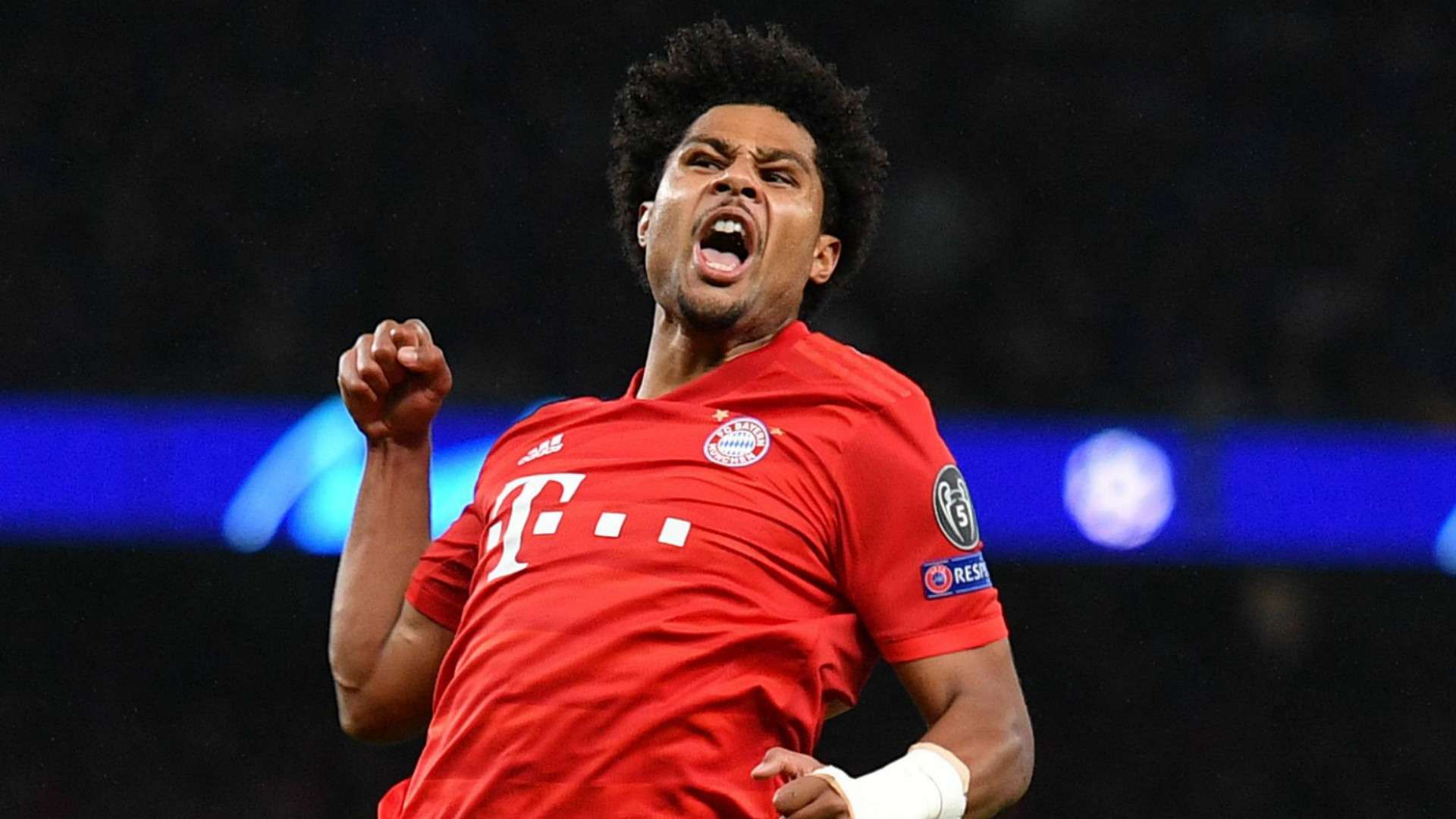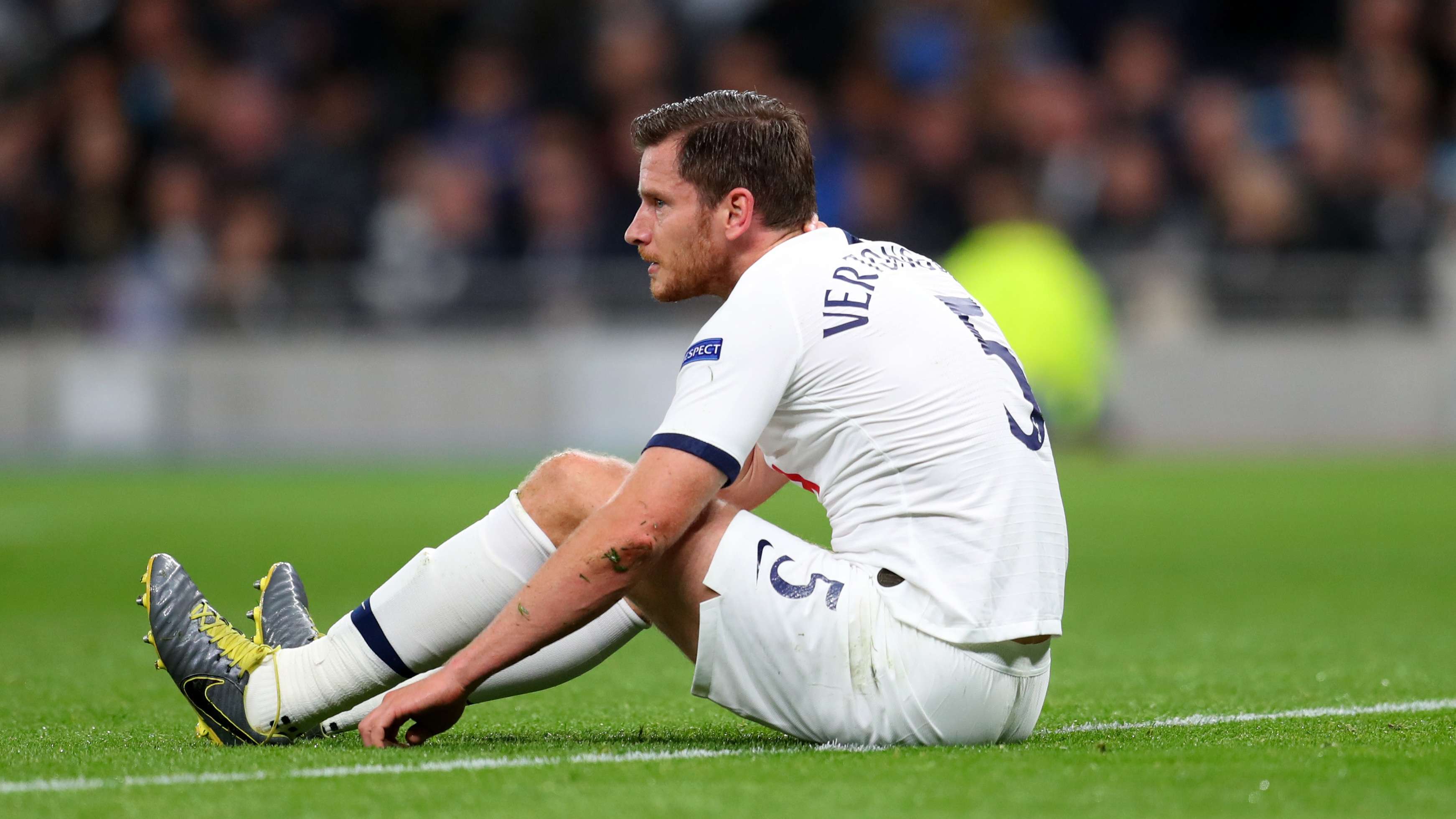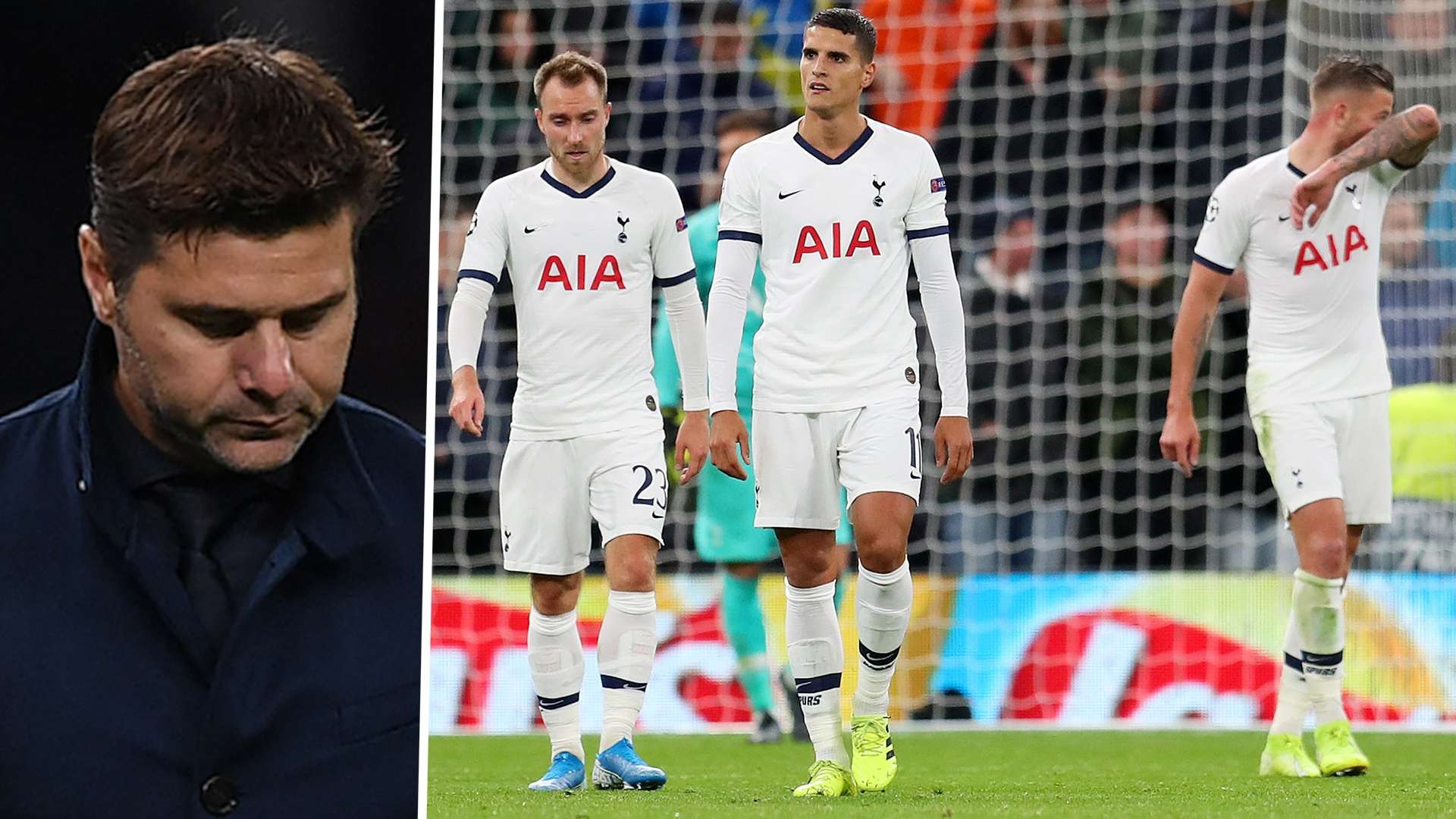The Tottenham crisis is one which patently runs deeper than results. It’s obvious that there’s been a change for the worse in the climate around the club but it’s taken a while for the effects to be felt on-field.
Spurs capitulated against Bayern Munich and were on the receiving end of the heaviest defeat ever suffered at home by an English club in European competition.
It was an historic humiliation.
If something was getting between the players and the manager away from the field of play, then their run to the Champions League final last season disguised it to a certain extent.
Beneath the surface however for a long time has been the truth that the manager has been getting diminishing returns from his charges.
The characteristic patterns, the intensity and the levels of concentration which springboarded Spurs into the reckoning as one of the country’s best teams have all gradually faded away.
Huge amounts of fortune were present in their Champions League knockout victories over both Manchester City and Ajax, and Spurs probably got what they deserved in the final against Liverpool.
Through the end of the last Premier League season and into this one too Spurs have had to grind for every point they get. Nothing is coming with fluency. Arguably the only times they’ve played well since the spring were in the 4-0 home win against relegated Huddersfield in April and against Crystal Palace a few weeks back.
On Tuesday night, however, they had been excellent for a long time against Bayern. Niko Kovac, the Bayern coach, admitted after that Spurs had been the better team for the first 15 minutes and they were deservedly in front.
 Getty Images
Getty Images
Even with Bayern 4-1 ahead, Harry Kane’s penalty suggested that things would be difficult if the Germans wanted to get a result.
But then Thiago hit a pass into the channel for Serge Gnabry. And then it was 2-5, quickly 2-6 and finally, humiliatingly, 2-7. In the words of the manager, Spurs “gave up”. And that is the most alarming aspect of what’s happening.
One of the chief hallmarks of Pochettino’s Spurs has been to make them less “Spursy”. Over the past three decades or so, they have not been the type of club to be relied upon with the chips down. Spurs were renowned for their consistency only in living down to expectations. They were seen as a bit flaky, a handy three points for the real big teams.
Pochettino changed all that around. They started to win in places like the Etihad, Stamford Bridge and Old Trafford. They knocked on the door for the Premier League title more than once. And they did it with eye-pleasing football, a clear blueprint and what looked like total adherence from the players.
Over time though, it became clear that key players like Toby Alderweireld, Jan Vertonghen and Christian Eriksen were stalling on new contracts and it started to feel like the foundations of Pochettino’s Spurs were creaking.
That uncertainty was matched by frankly bemusing utterances from the manager in press conferences about leaving the club once their progress in last season’s Champions League was brought to a halt.
Win or lose that one, it seemed that the time was coming for Pochettino to take his leave and move on to bigger and better things.
But the bases were loaded elsewhere with no prospect of a big job on the horizon. Zinedine Zidane was reinstalled by Real Madrid, reckoned to be Pochettino’s favoured destination. He had previously made overtures towards Paris Saint-Germain, where he played, but they persist with Thomas Tuchel.
 Getty Images
Getty Images
An outside bet, meanwhile, in Manchester United was taken off the table with a permanent contract offer to Ole Gunnar Solskjaer.
And so, with their quixotic trip to Madrid maybe convincing Pochettino that all may not yet be lost, he decided to stay.
He could well have brought the Pochettino era to a close but instead stuck around to oversee his own demise.
It’s hard to see how the situation can be resolved without Pochettino leaving the club. He is a man of strong principles and so quitting is probably out of the question. If he is to depart mid-season he would be well advised to hold on for the pay-out.
And if he does go, then where next?
There is always the possibility of the Bernabeu or Old Trafford coming round again sometime soon. He would, presumably, still be in the frame for either of those two jobs.
Lionel Scaloni, meanwhile, has won only six of his 11 matches in charge of Argentina and the remainder of his contract might well be seen as a price worth paying in the Argentinian Football Federation should Pochettino come available. Working with Lionel Messi would appeal to any manager and Pochettino is no different.
Whatever happens, it seems unlikely that he can arrest this slide. His players are not responding in the same way. They “gave up” against Bayern. Have they given up on their manager too?




